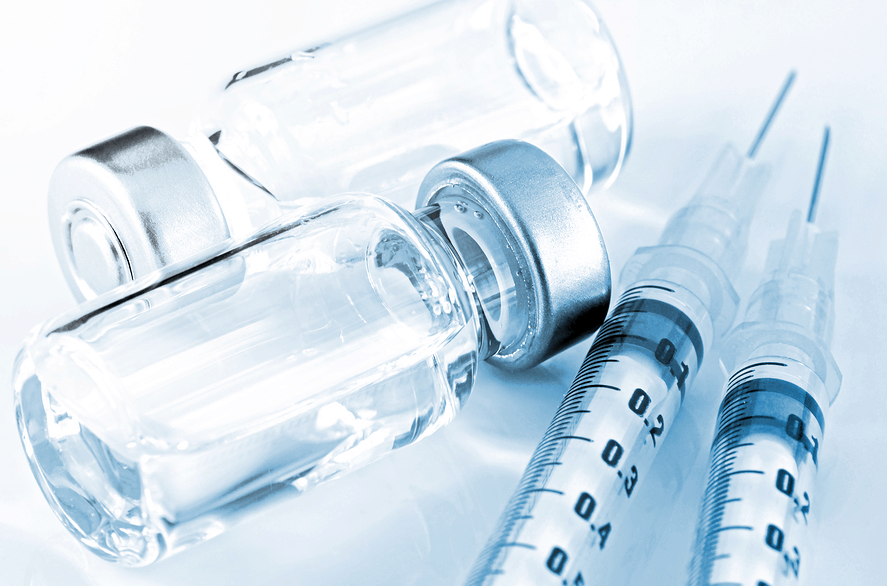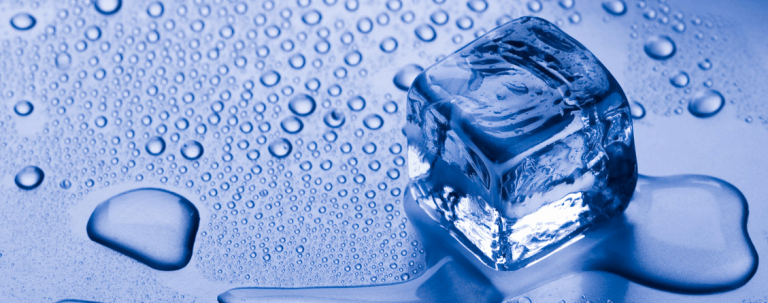Colchicine for Peyronie’s disease is a drug that is typically used to treat gout. In addition to having anti-inflammatory properties, colchicine works by reducing the production of collagen and increasing the activity of collagenase, an enzyme that breaks down collagen.
Studies of Colchicine for Peyronie’s Disease Treatment
In an uncontrolled trial, 24 men took colchicine for Peyronie’s disease for 3 to 5 months. Twenty-six percent of the men said they had a marked decrease in curvature, 11% noted a slight decrease, and 50% reported a decline in plaque size. (Akkus 1994) In a randomized, double-blind, placebo-controlled study, investigators compared the impact of taking 0.5 to 2.5 mg per day of colchicine for 4 months with placebo in 78 men.
Pain reduction at the end of the study was similar for both groups, and there also were no differences in the reduction in penile curvature or decrease in plaque size between the two groups. (Safarinejad 2004)
What happens when you combine colchicine for Peyronie’s disease and vitamin E to treat early cases of Peyronie’s disease? A study in BJU International reported on the results of a single-blinded randomized study that compared 400 mg per day of vitamin E plus 1 mg of colchicine twice daily with 400 mg daily of ibuprofen. None of the men had erectile dysfunction at the start of the six-month study. At the end of the trial, plaque size had increased in the ibuprofen group and decreased in the vitamin E/colchicine group, and the difference was significant. The improvement in the penis bend also was significant. (Prieto Castro 2003)
Dose and Side Effects of Colchicine for Peyronie’s Disease Treatment
A typical dose of colchicine for Peyronie’s disease is 0.6 to 1.2 mg per day for one week, and then an increase up to 2.4 mg per day. Colchicine for Peyronie’s disease should not be used for longer than 3 months, and the lowest possible dose should always be chosen because of the risk of side effects and toxicity when used for extended periods. Up to one-third of patients experience gastrointestinal upset and diarrhea when taking colchicine, and the drug can also reduce white blood cells levels.
Akkus E et al. Is colchicine effective in Peyronie’s disease? A pilot study. Urology 1994 Aug; 44(2):291-95 Colchicine for Peyronie’s Disease
Prieto Castro RM et al. Combined treatment with vitamin E and colchicine in the early stages of Peyronie’s disease. BJU Int. Apr 2003;91(6):522-4.
Safarinejad MR. Therapeutic effects of colchicine in the management of Peyronie’s disease: a randomized double-blind, placebo-controlled study. Int J Impot Res Jun 2004; 16(3):238-43.







